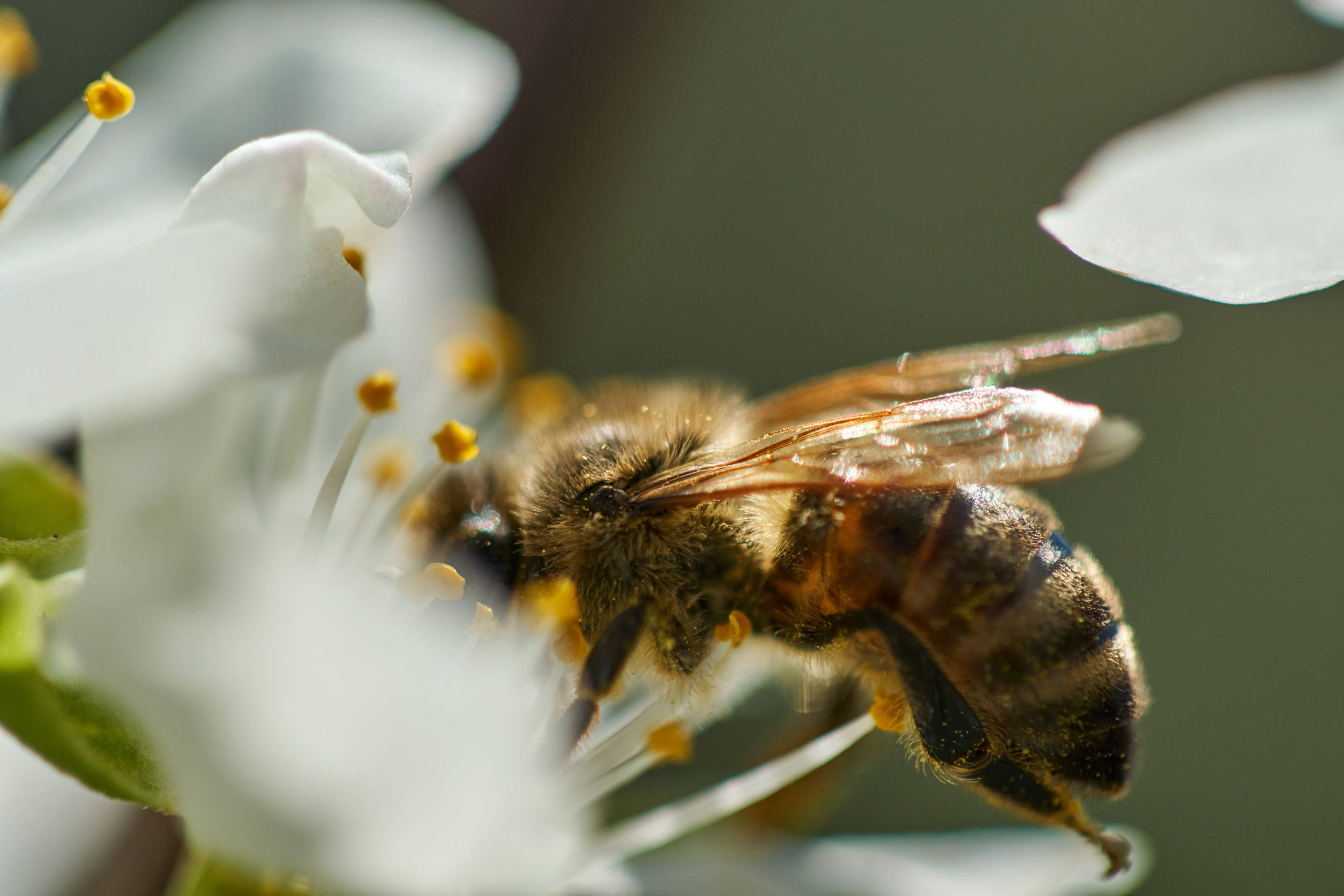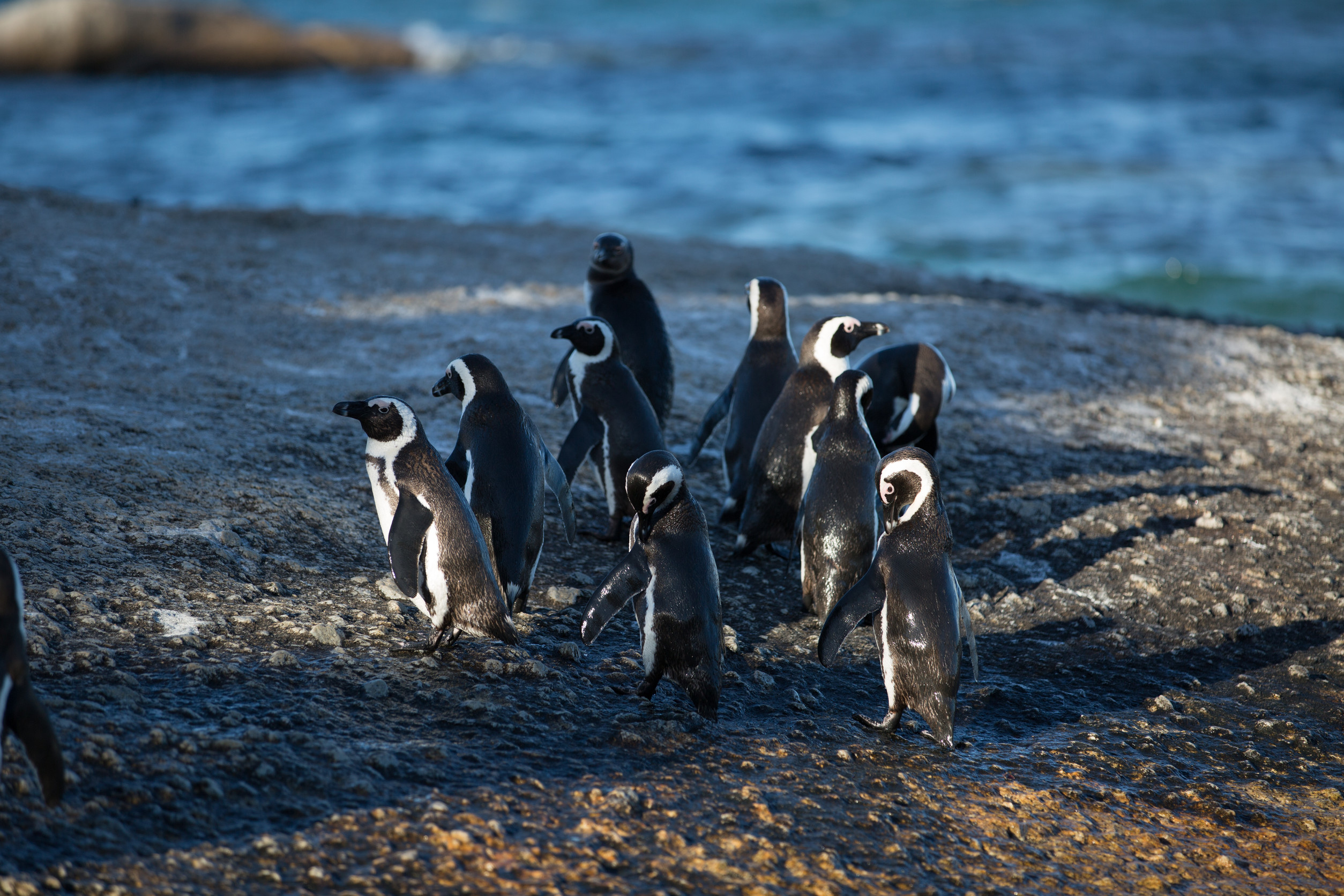From Montreal to Portland, cities across North America are starting to rethink all that cement that’s used to pave the streets. Alleys and alley sides, in particular, are being effectively imagined as people-friendly pathways, parks, and lushly planted urban habitats that stand in stark contrast to the usual asphalt paths that are lined with metal dumpsters. It makes so much sense to transform these spaces into natural places: studies show access to nature is associated with good health—but it also correlates with wealth. The families with large front yards and backyards and lush neighborhood parks are wealthier.
Less-expensive homes, multifamily structures, and dense housing often sit next to asphalt alleyways. These residents share their outdoor space with traffic and trash bins and can’t easily grow food or relax in the shade of trees. By transforming hard alleys into soft, green spaces, cities can provide everyone with access to nature. Montreal is a shining example of how to do this as the city has already created an official Ruella Verte (“Green Alley”) program encompassing more than 250 back routes that have been turned into gardens, play spaces, and neighborhood gathering spots. And not only is this good for the well-being of people, but it also helps to clean up the air in crowded cities.











